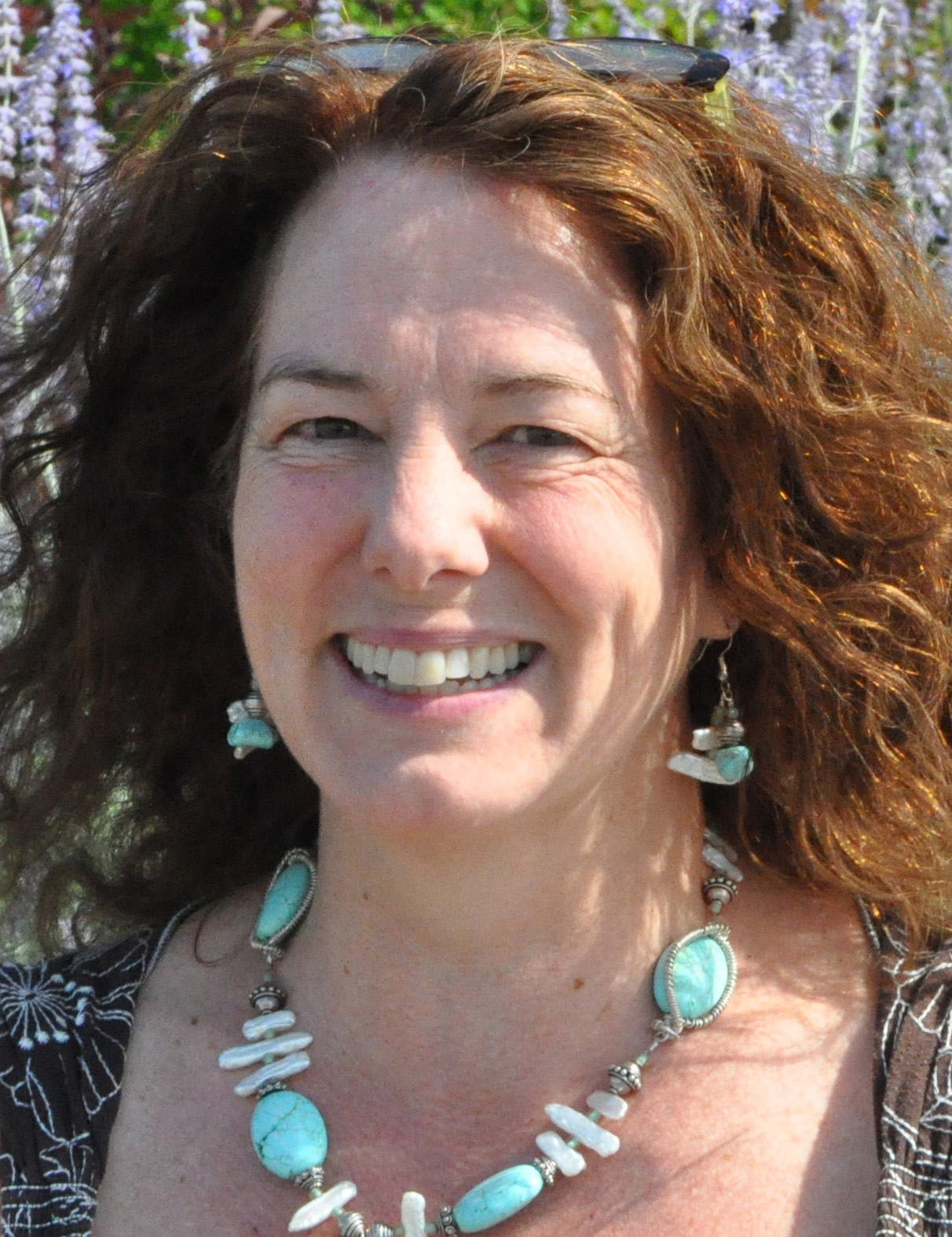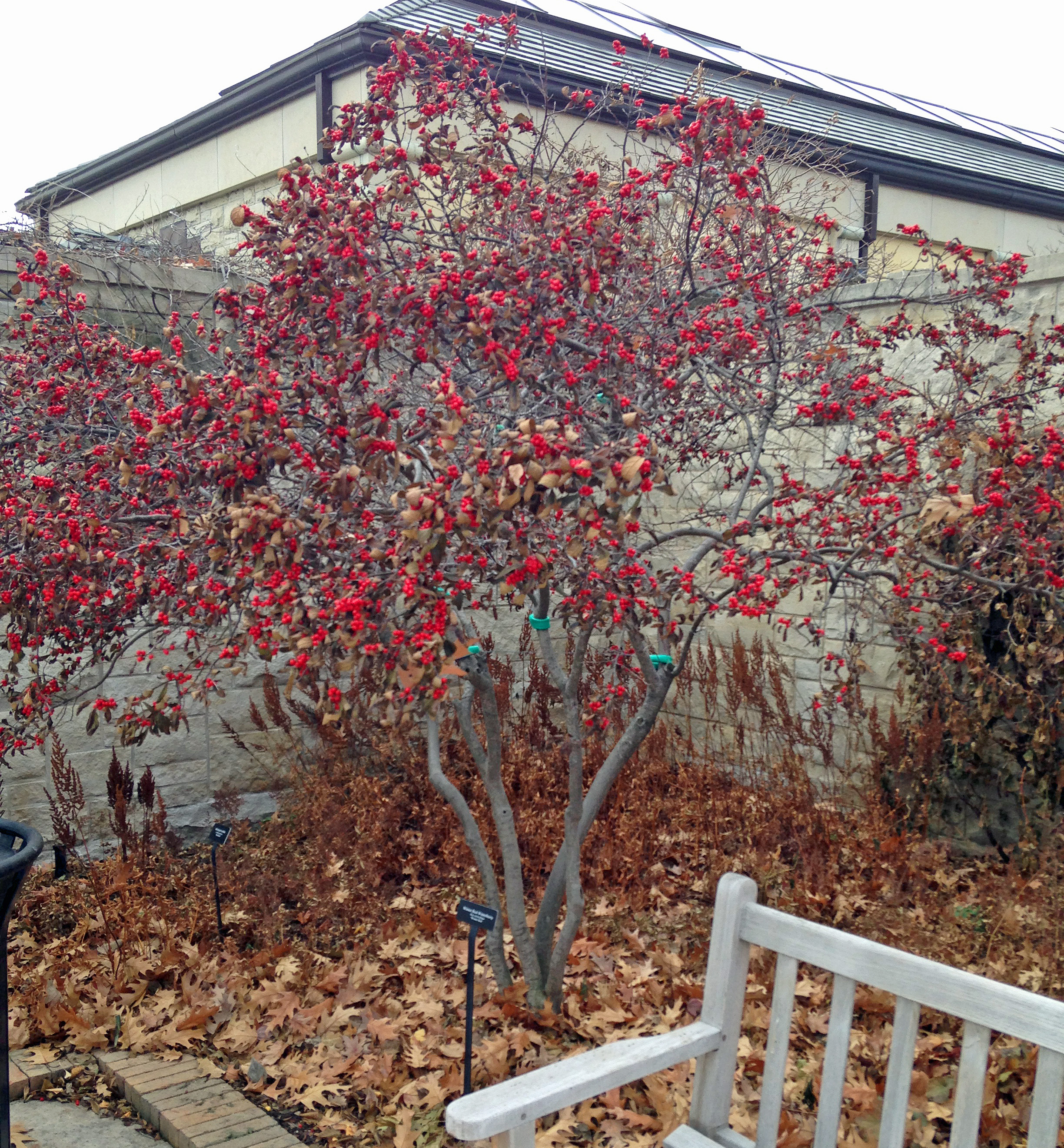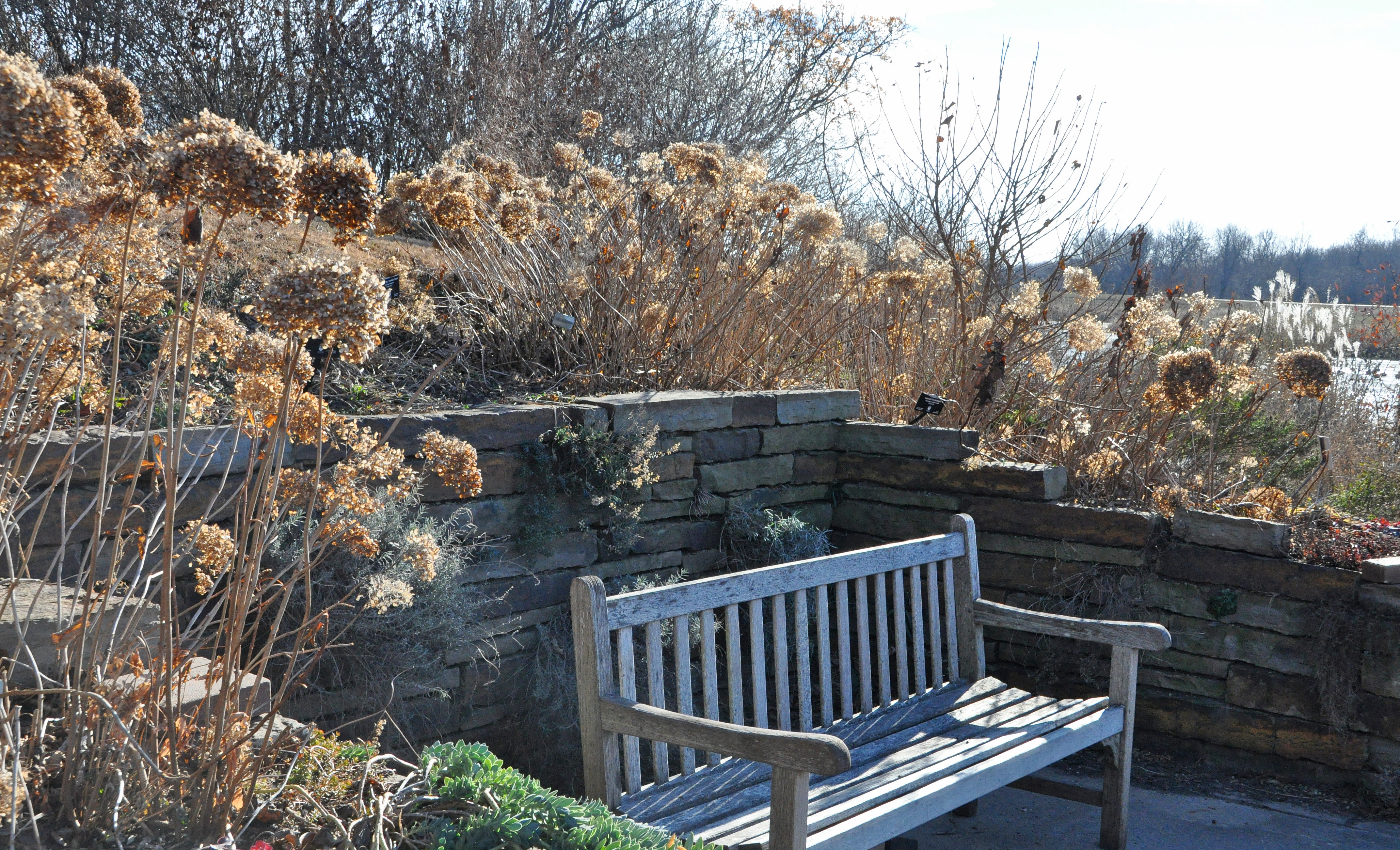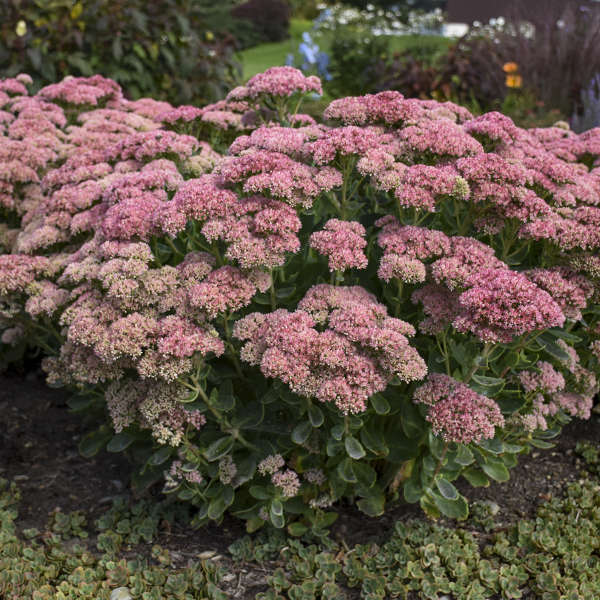By Sandra Nelson
Embassy Landscape Group is eagerly anticipating the upcoming roll-out of its new website. Until then, we hope you will continue to join us as we revisit some of our favorite topics.
This article originally appeared 11/26/2017. Updated 9/2/2020
It’s hard to think about wintertime when the grass is green, the flowers are blooming and the days are warm and sunny. Now however, is precisely the time to tweak your existing landscape to improve its winter appeal.

Creating a landscape that flows effortlessly through all four seasons takes intentional thought and planning. Unlike other building tasks that require a specific order, designing a year round landscape can be approached in numerous ways.The common thought is that the spring and summer gardens should be designed first since those are the seasons that people tend to be outdoors most often.

Artistic designer Sandy DeFoe shares an alternative suggestion. Sandy prefers to create her winter plan first, making sure that there is interest for that season. Once she is satisfied with her winter plan, she next adds plants that give a fall display. Finally, she moves on to summer and then spring. Following her suggestion assures a four season landscape.
Other designers have different strategies. Dan Nelson, Senior Designer at Embassy, tends to create his designs by layers.
He first looks to permanent plants- trees and shrubs- then to perennials and grasses with strong structures. These tend to be taller plants that provide interest all year long. Next he selects more mid-sized filler perennial plants and finally ground plants. His technique makes it easy to develop plant communities that complement one another and provide year round interest.
Regardless of the design process used, knowing the characteristics of the plant material is essential to design success. Following is a listing of some of Embassy Landscape Group’s favorite plants in the winter landscape.Please call or contact them for help with your winter design.
Plants with Berries
Staghorn Sumac – flaming red fall leaves; fuzzy red berries in cluster

Crabapple – yellow fall leaves; red, yellow or orange berries

Beautyberry – yellow fall leaves; large clusters of purple berries

Winterberry Holly – red berries on bare branches

Plants with Interesting Bark
American Sycamore – sculptural shape and spectacular white and brown bark

Red/Yellow Twig Dogwood – masses of stems and twigs in red or yellowish-green (beautiful in clusters)

Harry Lauder’s walking stick – twisted and contorted limbs and branches spread to a low, broad shape
Common Ninebark – tough shrub with peeling bark

Plants with Seedpods or Dried Flowers
Oak Leaf Hydrangea – large flower heads that remain through the winter

Echinacea purpurea – arresting seed pods that attract birds throughout the winter

Sedum, Autumn Joy – beautiful flat seed heads that remain throughout the winter
Hardy Hybiscus – round pods that burst open to spread seed




